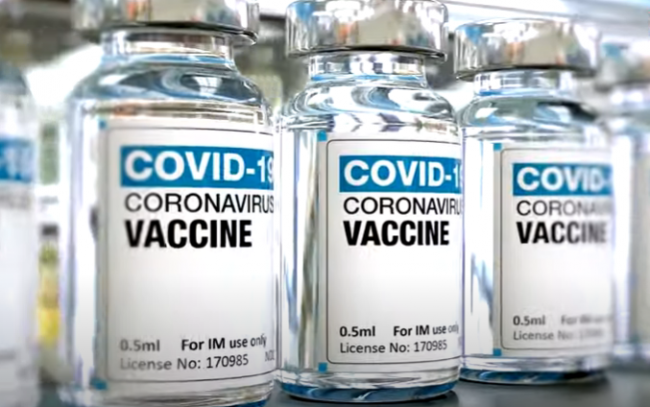
According to research published Tuesday by the Centers for Disease Control and Prevention, coronavirus immunizations given during pregnancy may protect newborns after they are born.
According to the study, infants whose mothers were fully immunized with mRNA injections while pregnant had a 61 percent lower risk of being hospitalized for the virus during their first six months of life. However, if the immunization was given after the first 20 weeks of pregnancy, the protection looked to be stronger.
It’s the first time real-world research has shown that maternal immunization produces coronavirus antibodies that can be passed on to the kid and protect them. So scientists concluded after finding antibodies in umbilical cords, which serve as a conduit for nutrition and waste between the mother and the newborn.
“The overall result is that maternal immunization is a really essential method to help safeguard these young infants,” Dana Meaney-Delman, the CDC’s infant-outcome monitoring, research, and prevention branch leader, said. The news is “very encouraging,” especially given the recent rise in hospitalizations among infants and toddlers.
Between July and January, 379 newborns were studied at 20 pediatric institutions in 17 states, with 176 of them having covid-19.
Those who are pregnant, breastfeeding, or expecting to become pregnant should get vaccinated, according to the CDC, because pregnancy increases the risk of serious complications from the virus. In addition, studies have indicated that pregnant women have a higher risk of hospitalization, intensive-care admission, and death than non-pregnant women.
Without coronavirus vaccination, the risk of premature delivery and stillbirth is higher. According to a study done by researchers in Scotland, unvaccinated moms are also more likely to see their babies die less than a month after birth.
